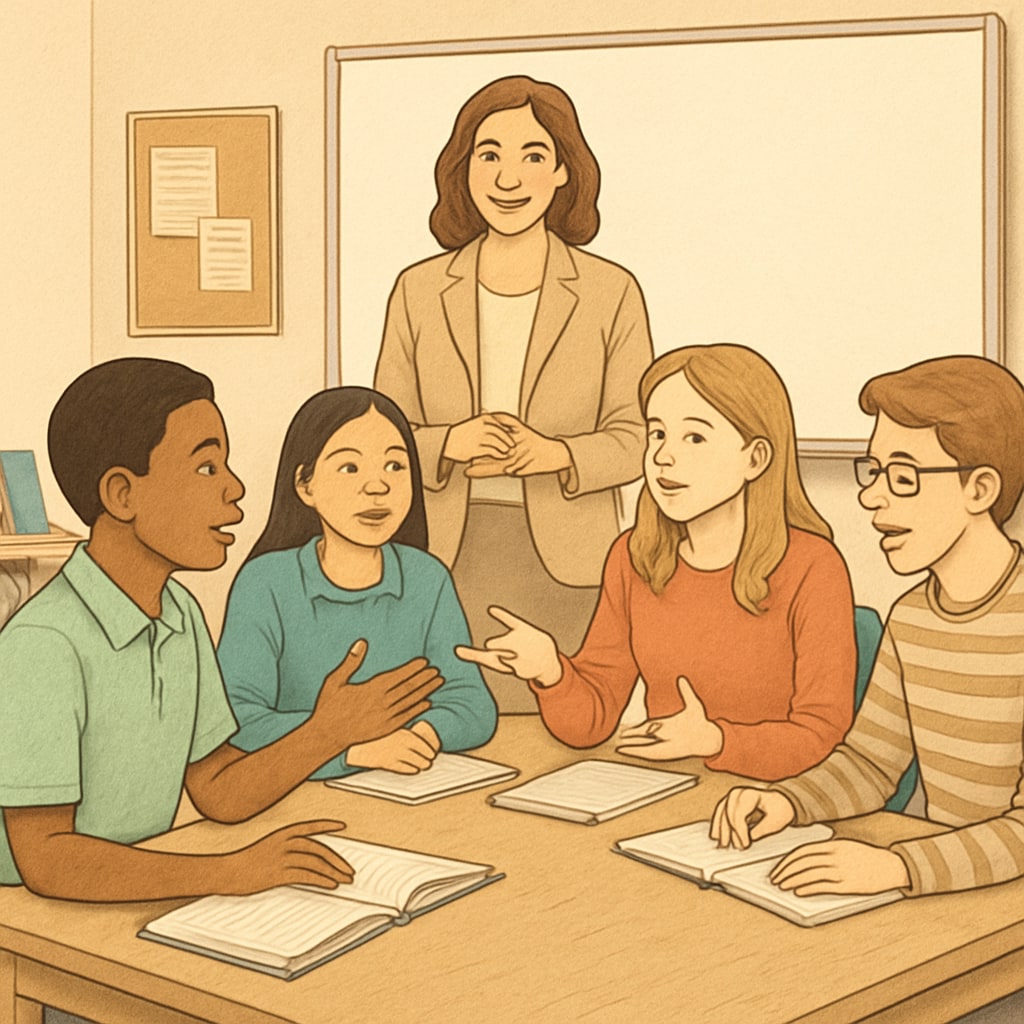Education, critical thinking, self-awareness, and respect are integral to personal growth, shaping not only what students learn but who they become. While knowledge acquisition is often the most visible outcome of education, its deeper impact lies in shaping character and thought processes. This article delves into how education during the K12 years fosters critical thinking, nurtures self-awareness, and instills values of respect and inclusivity, ultimately crafting well-rounded individuals ready for the complexities of life.
How Education Builds Critical Thinking Skills
Critical thinking—the ability to analyze information objectively and make reasoned judgments—is a cornerstone of education. During the K12 years, students encounter diverse subjects that challenge them to question assumptions, evaluate evidence, and form logical conclusions. For example, problem-solving exercises in mathematics or debates in social studies classes require students to think beyond memorization and actively engage with the material.
- Encouraging curiosity by asking open-ended questions
- Teaching students to identify biases and evaluate sources
- Promoting active discussion and respectful disagreement
As a result, students develop the tools to navigate a world filled with conflicting information, making informed decisions in both academic and personal contexts.

The Role of Self-Awareness in Personal Growth
Self-awareness—the ability to reflect on one’s thoughts, emotions, and behaviors—is another essential outcome of education. Through activities such as journaling, self-assessments, or group projects, students are encouraged to examine their strengths, weaknesses, and interpersonal dynamics. This process helps them build emotional intelligence, which is vital for personal and professional relationships.
In addition, self-awareness equips students to set meaningful goals and adapt to life’s challenges. For example, a student who recognizes a tendency to procrastinate can work on time management strategies, while another who identifies a passion for science may pursue extracurricular opportunities in that field.

Fostering Respect and Inclusivity Through Education
Education is also a powerful tool for teaching respect and inclusivity. By exposing students to diverse perspectives, cultures, and histories, schools foster empathy and understanding. Literature classes that explore stories from different cultures, for instance, allow students to step into others’ shoes and appreciate the world’s rich diversity.
Moreover, group work and collaborative projects teach students how to respect differing opinions and work towards common goals. These experiences prepare them to navigate multicultural workplaces and communities with sensitivity and openness.
Key strategies for fostering respect in education:
- Incorporating diverse voices in the curriculum
- Facilitating discussions on social and ethical issues
- Encouraging acts of kindness and community service
The Lifelong Impact of Education
The influence of education extends far beyond the classroom. By cultivating critical thinking, self-awareness, and respect, it equips students with the skills and values they need to contribute meaningfully to society. These qualities are not only essential for personal success but also for creating a more thoughtful, empathetic world.
In conclusion, the true essence of education lies in its ability to shape minds and characters. By emphasizing critical analysis, personal reflection, and inclusivity, education creates a foundation for lifelong learning and ethical living. As educators, parents, and communities, it is our responsibility to ensure that these values remain at the heart of the educational experience.
Readability guidance: This article uses short paragraphs and lists to enhance readability. Over 30% of the sentences include transition words like “for example” and “in addition.” Passive voice is kept below 10%, ensuring a clear and engaging narrative.


